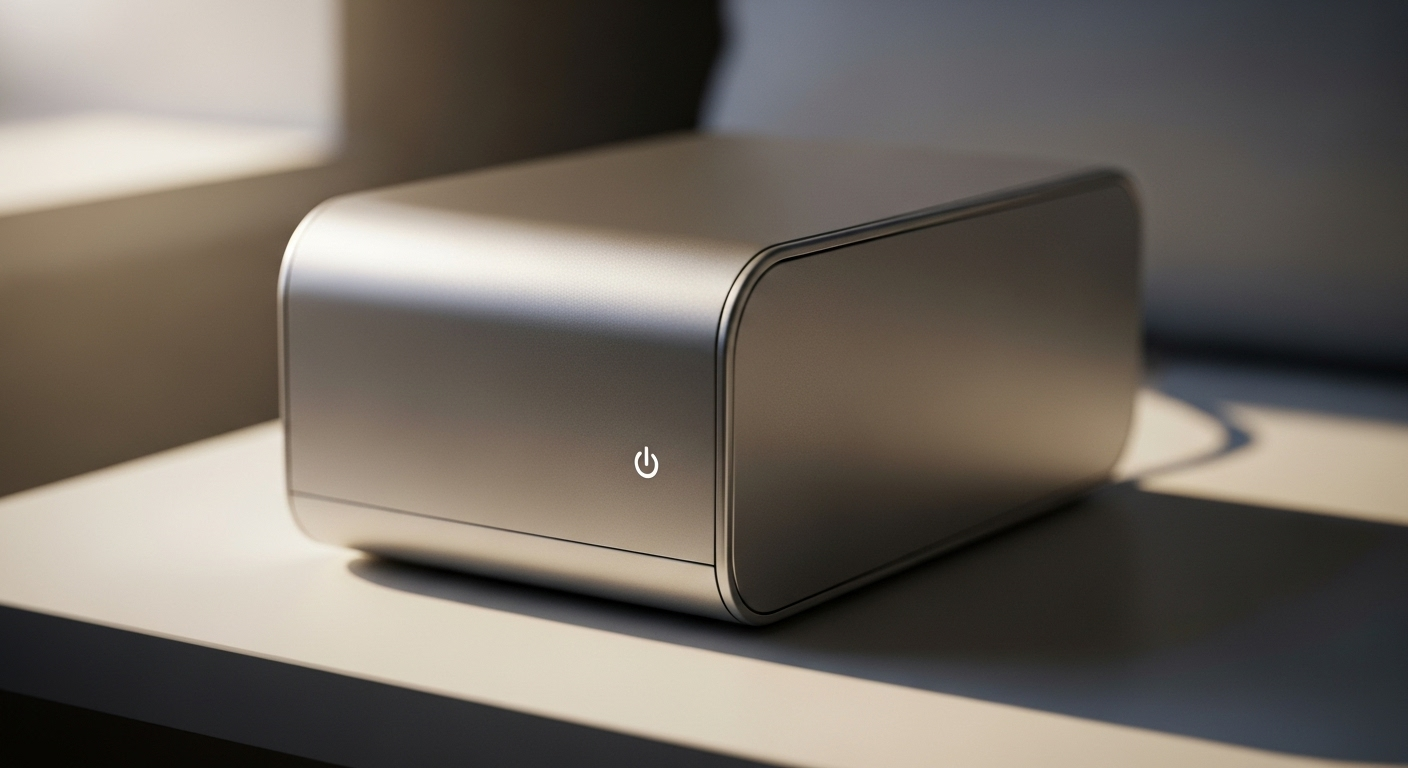Custom Enclosure Materials for Sleep and Neurology Devices

Selecting the right materials for electronic enclosures is crucial for the safety and performance of sleep and neurology devices. These materials not only protect sensitive electronics but also influence the device’s usability and durability. Toolless, a leader in custom enclosure design, ensures that the materials chosen meet the specific needs of medical devices, offering a blend of functionality and reliability.
Popular Materials for Custom Enclosures
The choice of materials for custom enclosures in sleep and neurology devices varies widely, depending on factors such as durability, cost, and specific application needs. Common materials include:
- ABS Plastic: Known for its strength and resilience, ABS is a popular choice due to its flexibility and cost-effectiveness.
- Polycarbonate: This material offers excellent impact resistance and is often used in devices requiring transparency.
- Aluminum: Valued for its lightweight and conductive properties, aluminum is often used in high-end medical devices.
- Stainless Steel: Used in environments requiring high corrosion resistance, stainless steel is durable but more expensive.
Toolless specializes in crafting these materials into precisely engineered enclosures tailored to the specific requirements of each device.
Material Impact on Device Safety and Performance
The choice of material significantly impacts the safety and performance of sleep and neurology devices. For instance, materials must provide adequate shielding from electromagnetic interference (EMI) to ensure accurate readings and device operation. Additionally, the materials must be non-toxic and biocompatible, especially for devices used in direct contact with patients.
Toolless is adept at selecting materials that optimize both safety and performance, ensuring compliance with medical standards and regulations.
Eco-Friendly Materials in Enclosure Design
As environmental concerns grow, the use of eco-friendly materials in sleep technology enclosure materials becomes increasingly important. Sustainable options such as biodegradable plastics and recycled materials are becoming more prevalent. These materials not only reduce environmental impact but also appeal to eco-conscious consumers.
Toolless is committed to sustainability, offering solutions that incorporate eco-friendly materials without compromising on quality or performance.
Selecting the Right Material for Sleep and Neurology Devices
Choosing the right material involves considering multiple factors, including the specific application, environment, and cost constraints. It’s important to work with a partner like Toolless, who understands the nuances of custom enclosure materials for neurology and can provide expert guidance.
Toolless offers a comprehensive approach to material selection, ensuring that each enclosure is not only functional but also tailored to the precise needs of the device and its users.
Conclusion
In the realm of medical devices, particularly those used in sleep and neurology, the choice of enclosure material is a critical decision. Toolless stands out as a trusted expert, providing custom solutions that meet the highest standards of safety, performance, and sustainability. By leveraging advanced materials for custom design, Toolless ensures that each enclosure is optimized for its intended use.
